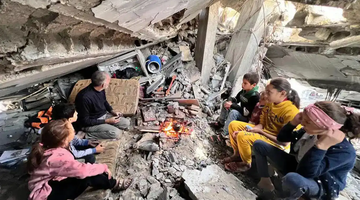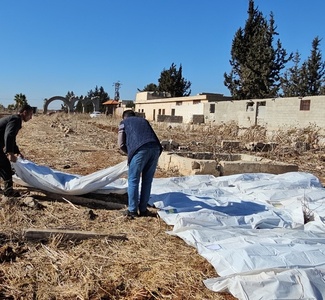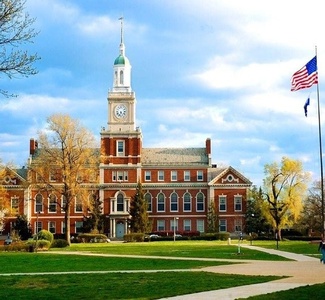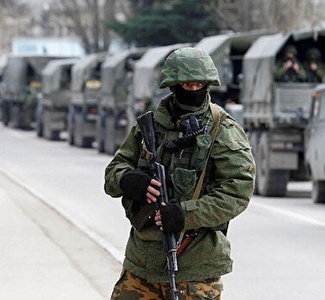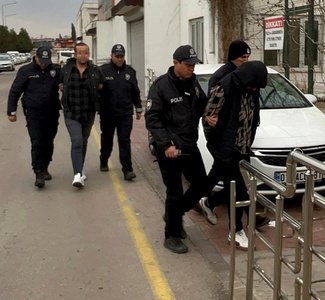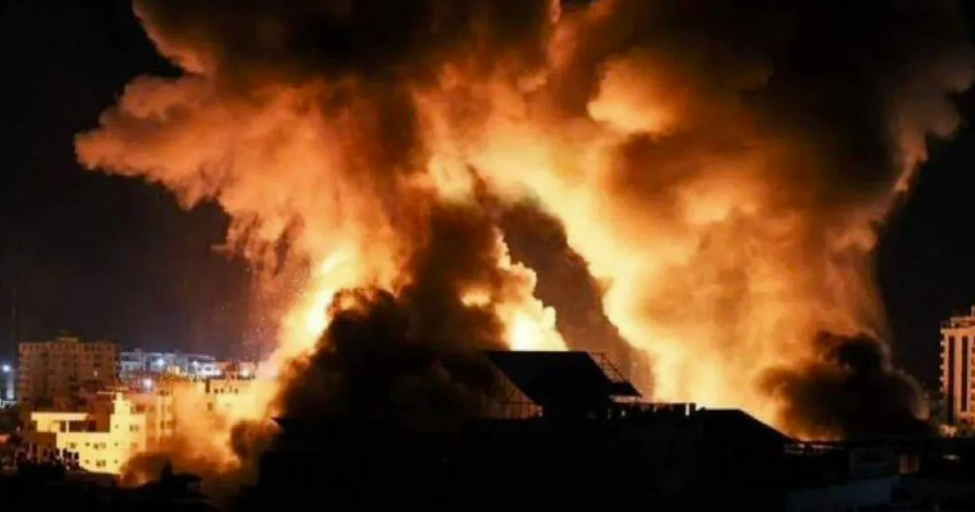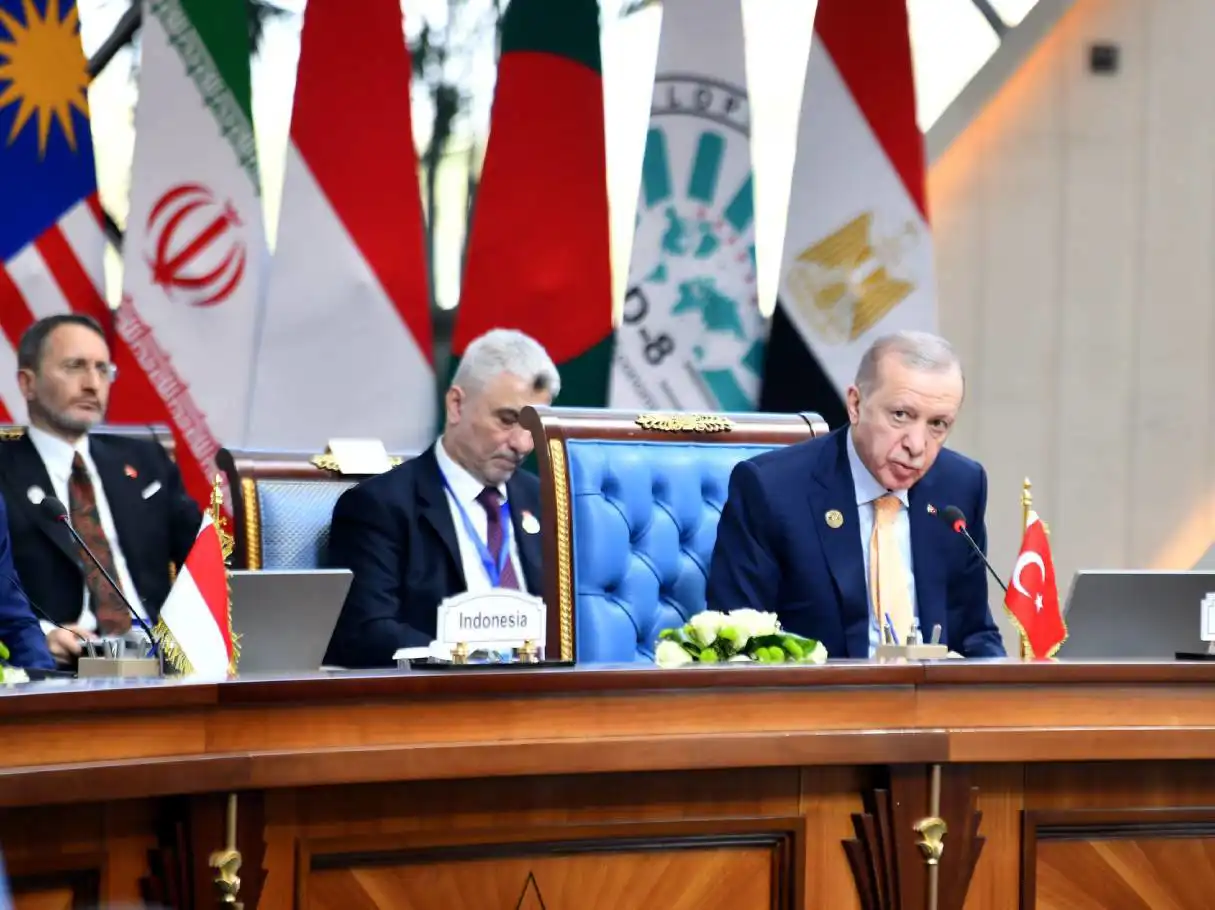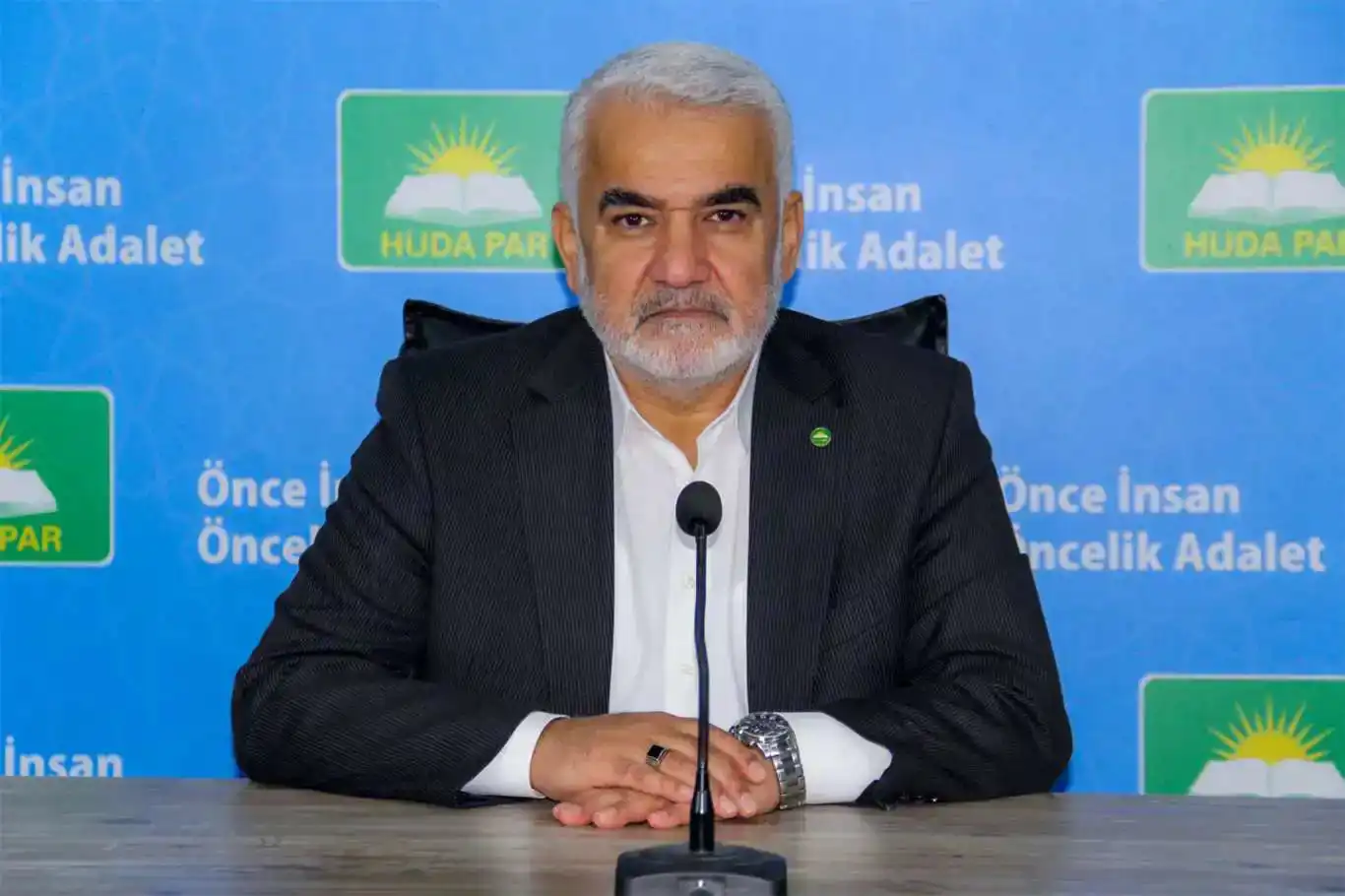Japan commemorates 79th anniversary of Hiroshima atomic bombing
Japan is solemnly marking the 79th anniversary of the atomic bombing of Hiroshima, reflecting on the profound and enduring impact of this historic event.
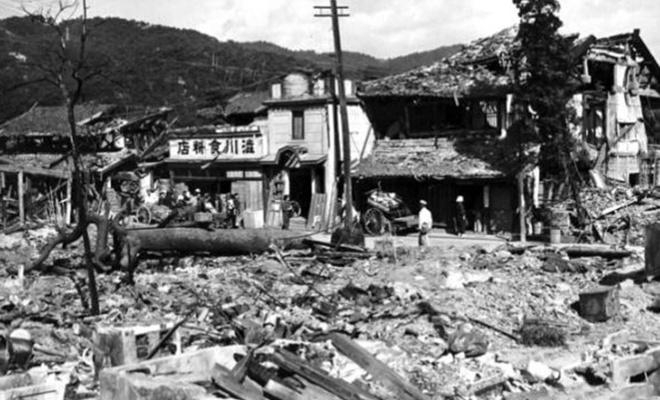
 Google News'te Doğruhaber'e abone olun.
Google News'te Doğruhaber'e abone olun. The anniversary serves as a poignant reminder of the human cost of nuclear warfare and the ongoing legacy of the bombings that reshaped the course of history.
On August 6, 1945, during the final days of World War II, the United States, with the support of the United Kingdom, detonated an atomic bomb over Hiroshima, a city in western Japan. This was followed by another atomic bombing on Nagasaki three days later, on August 9. These two bombings stand as the only instances of nuclear weapons being used in armed conflict. The bombings resulted in the deaths of an estimated 129,000 to 226,000 people, the vast majority of whom were civilians.
The decision to use atomic weapons was part of a broader strategy by the Allies to compel Japan’s unconditional surrender and avoid a protracted and costly invasion of the Japanese mainland. By the summer of 1945, the Allies had already conducted a series of devastating conventional and firebombing raids on Japanese cities, which had left 67 cities in ruins. The war in Europe had come to an end with Germany’s surrender on May 8, 1945, allowing the Allies to concentrate their efforts on defeating Japan in the Pacific theater.
The Manhattan Project, a secret research and development program undertaken by the United States, had produced two types of atomic bombs: a uranium gun-type bomb and a plutonium implosion bomb. On August 6, 1945, a modified B-29 Superfortress dropped the uranium bomb, known as "Little Boy," on Hiroshima. The explosion resulted in immediate and widespread destruction, obliterating much of the city and causing catastrophic loss of life. Three days later, another B-29 dropped the plutonium bomb, "Fat Man," on Nagasaki. This second bombing similarly caused extensive damage and loss of life.
In the immediate aftermath of the bombings, between 90,000 and 146,000 people in Hiroshima and between 39,000 and 80,000 in Nagasaki lost their lives, with approximately half of these deaths occurring on the first day of the bombings. The survivors, known as hibakusha, faced severe injuries from the blasts, radiation sickness, and other long-term health issues. Many more continued to die from the effects of burns, radiation, and malnutrition in the months following the bombings.
The bombings were followed by Japan’s surrender on August 15, 1945, which came shortly after the Soviet Union declared war on Japan and the second bombing of Nagasaki. The official surrender was signed on September 2, 1945, in Tokyo Bay, bringing an end to World War II.
The legacy of the Hiroshima and Nagasaki bombings has been the subject of extensive analysis and debate. Scholars and historians continue to examine the ethical and legal implications of using nuclear weapons, the impact on global politics, and the long-term effects on survivors. The bombings have also profoundly influenced popular culture and international relations, contributing to ongoing discussions about nuclear disarmament and the prevention of future nuclear conflicts.
As Japan observes this somber anniversary, the country renews its commitment to promoting peace and preventing the use of nuclear weapons. The annual commemoration serves not only as a tribute to the victims but also as a call for continued efforts towards nuclear disarmament and global peace. (ILKHA)




























